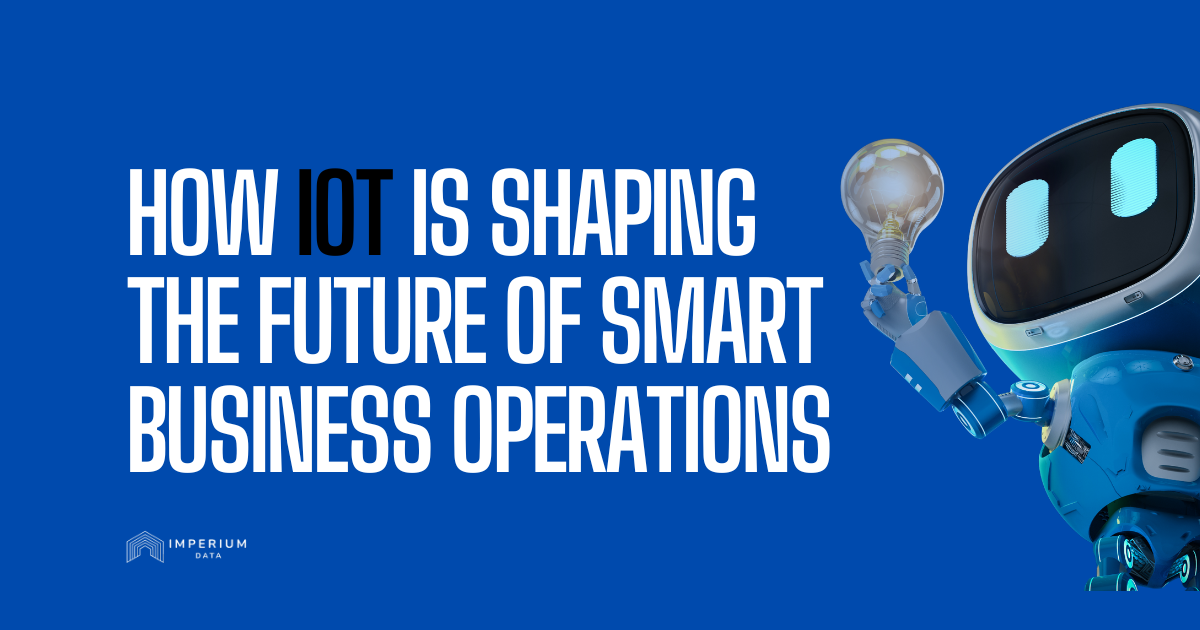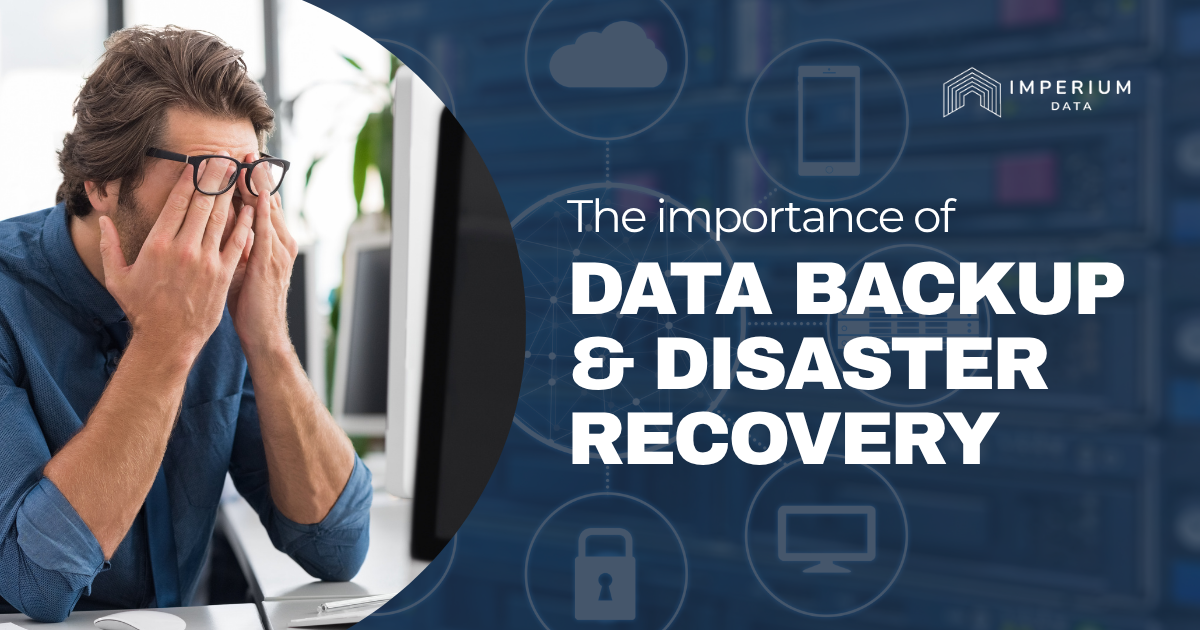Harnessing the Power of Firewalls: A Comprehensive Guide to Understanding Their Importance
You can do everything right — create an effective network, support it with cutting edge software and equip your team with the latest technology designed to maximize your business — and lose it all in about 30 seconds.
How? Hackers, malware, spyware, and a host of other dangers are waiting to exploit unprotected entry points into vulnerable systems. And if they can find just one, they can carry off sensitive data, install dangerous programs or even hold data for ransom. They can attack from any location in any country at any time, and they’re constantly updating and improving their methods.
While there’s no way to curtail all cybercriminals, there is a way to prevent them from targeting your business successfully: a firewall. An effective firewall monitors all traffic in your network and blocks anything that doesn’t adhere to a pre-determined set of rules. A firewall can block transmissions from certain IP addresses, reject certain types of software or mitigate denial-of-service attacks (unnecessary data streams intended to overload your system).
Working Without A Firewall
If your business doesn’t have a firewall, you’re relying on a couple of factors to keep your company safe. One is the diligence of every employee using the network.
One mistake downloading a malicious attachment, or visiting the wrong website, or clicking the wrong link, and the network could be compromised. If every employee doesn’t do everything right every time, there’s a real risk in every error. And by the time you find it, the damage has usually been done.
The second factor is luck. A company can be lucky for months or even years until they aren’t. Then the vulnerabilities can be very costly. Not having a firewall is a risk that businesses cannot afford to take.
Types of Firewalls
Firewalls fall into one of two categories: software and hardware. There’s a good chance you already have a form of software firewall available. Many operating systems have built-in firewall software, and there are several different options for separate software firewall protection.
Software firewall solutions cover all users, even remote ones. They’re easy to operate and update, and since they might already be on a system, they’re a cost-effective solution. Many businesses utilize software firewalls as part of their protection plan.
There are limitations to using a software firewall by itself. The system protection is part of the system itself, meaning it isn’t identifying threats before they reach your network. It also takes up system resources, which will only increase as it grows to accommodate new threats. Finally, it needs to be installed and updated on every machine for every user and can be difficult to completely uninstall if a business chooses to replace it with something else.
Software Firewalls can be an important part of the solution, but not necessarily the only one. A hardware firewall has advantages that a software firewall doesn’t and provides integrated tools to provide more complete protection to a business network.
Hardware Firewalls
As the name implies, a hardware firewall is a physical device placed between your network and your gateway to the outside world (like the internet). Data is monitored and assessed before it ever reaches your network, as well as data coming from your network. Adhering to the pre-assigned rules, a hardware firewall can repel attacks and unnecessary data transfers before they can cause damage to your business.
Hardware firewalls are complex pieces of equipment that adapt to growing outside threats. And like any hardware you add to your network, it’s important to choose something from a knowledgeable leader.
Working With Aruba
Aruba’s Policy Enforcement Firewall (PEF) is an innovative and effective solution to managing network security. Each user and device is verified before they gain access to the network. This “zero trust” method closes any gaps that attackers would try and exploit. And separate permissions for each device means that users stick to their assigned limits.
If an attack alert is triggered, PEF can immediately take steps to mitigate access and risk. Steps include changing permissions limiting access, quarantine, and blocking. Aruba’s methods are so effective, PEF has been designated a Cyber Catalyst by Marsh, which is earned by demonstrating success in reducing cyber risk.
Two Tools Are Better Than One
Fortunately, businesses don’t have to choose between software and hardware firewalls. Many experts recommend using both tools to ensure that a network is protected. By working together, firewalls can verify users, identify problems, and eliminate danger before your sensitive data and the network efficiency is ever threatened.
The why and what regarding firewalls are important, but decision-makers will have other detailed questions regarding what solutions work best for their unique situation. Those answers are available as well; simply use our contact page for more comprehensive explanations and guidance.



